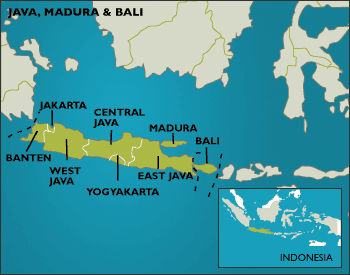- Home
- About
- Campaigns
- Regions
- Themes
- Agrofuels
- Climate justice
- Coastal communities and fisheries
- Disasters
- Economy & debt
- Energy
- Foreign investment
- Forests & forest fires
- Human rights
- Indigenous Peoples
- International Financial Institutions
- Land and food security
- Laws & regulations
- Mining, oil & gas
- Plantations
- Politics & democracy
- REDD
- Regional autonomy
- Transmigration
- Water and dams
- Women
- Publications
- Links
- Contact
Theme
- Agrofuels (2)
- Climate justice (7)
- Coastal communities and fisheries (10)
- Disasters (6)
- Economy & debt (8)
- Energy (7)
- Foreign investment (13)
- Forests & forest fires (29)
- Human rights (20)
- Indigenous Peoples (16)
- International Financial Institutions (7)
- Land and food security (30)
- Laws & regulations (15)
- Mining, oil & gas (18)
- Plantations (13)
- Politics & democracy (5)
- REDD (1)
- Regional autonomy (4)
- Transmigration (8)
- Water and dams (8)
- Women (5)
Campaign
Publication
- Newsletter articles (54)
- Books (1)
- Press releases & position papers (2)
Java, Madura & Bali

